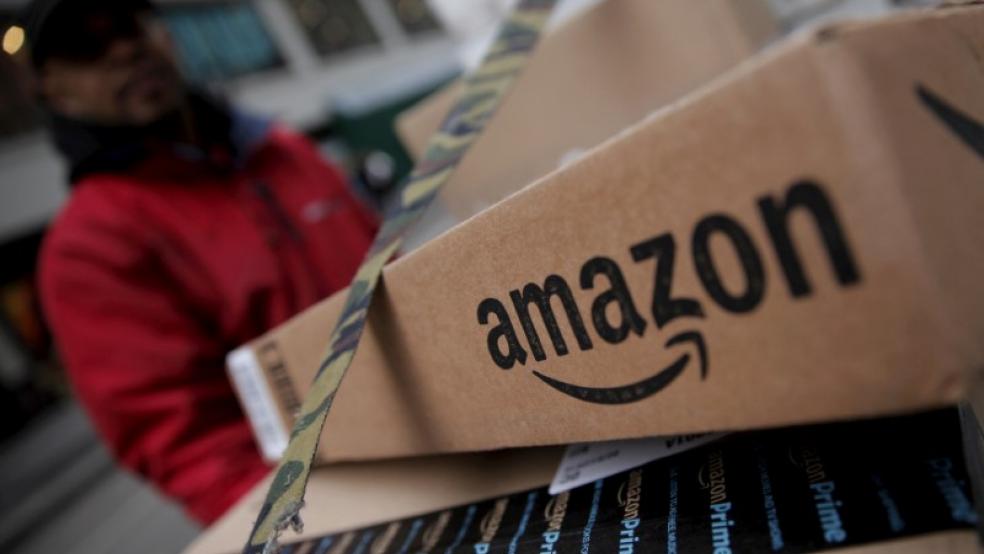NEW YORK (Reuters) - Short-sellers who had targeted Whole Foods Market Inc saw an already bad year get worse after the grocer's shares soared on news that Amazon.com Inc would buy the company.
Whole Foods' shares rose as much as 28 percent to $42.35, after Amazon said it would buy the company in a deal valued at about $13.7 billion, including debt.Short-sellers aim to make a profit by selling borrowed shares on the hope of buying them back later at a lower price.Friday's spike in Whole Foods Markets' shares cost them $251 million, more than doubling their year-to-date losses to $404 million, data from financial analytics firm S3 Partners showed."Shorts are basically taking it on the chin. They weren’t having a good year, and now their year has gotten decidedly worse," said Ihor Dusaniwsky, head of research at S3 Partners.Whole Foods is the most heavily shorted name in the food retail space, with short interest of 28.1 million shares, or $1.2 billion, nearly as much as Kroger Co, Casey's General Stores Inc and Sprouts Farmers Market Inc combined, according to S3 Partners. Shorts started raising bearish bets against Whole Foods after December, around the time Amazon opened its online grocery store in a challenge to supermarkets.By mid-April, short interest grew by two-thirds to a high of $1.4 billion. "I think short-investors thought Whole Foods would just be a casualty of Amazon's food retail expansion and then be bought on the cheap," said Dusaniwsky.Short-sellers may have been hoping to make money as Whole Foods shares fell due to increased competition from Amazon and then snap up the grocery store's shares on the cheap as they waited for a buyer to emerge, Dusaniwsky said."I don’t think the shorts thought Amazon would go brick-and-mortar."In early April, JANA Partners, an activist hedge fund led by Barry Rosenstein, disclosed a nearly 9 percent stake in Whole Foods. One of the hedge fund’s suggestions was that the grocery store could put itself up for sale.The hedge fund held 26.1 million shares as of May 27. (Reporting by Saqib Iqbal Ahmed and Jennifer Ablan; Editing by Dan Grebler)Short-sellers lose as Amazon acquires Whole Foods

Brendan McDermid



